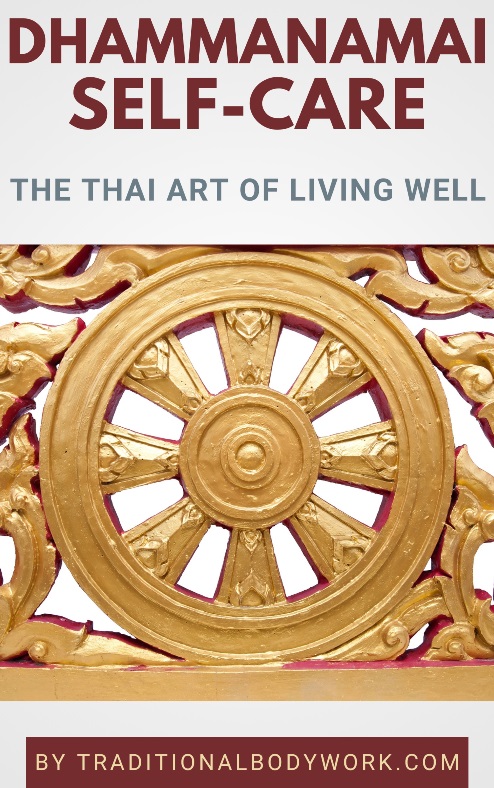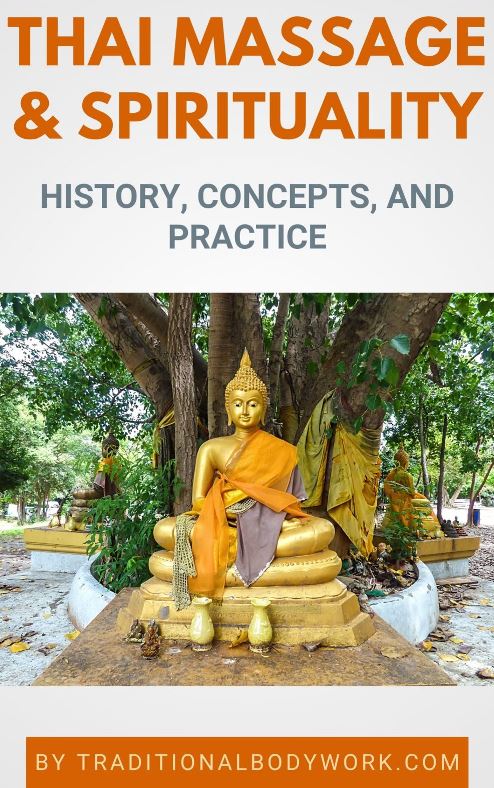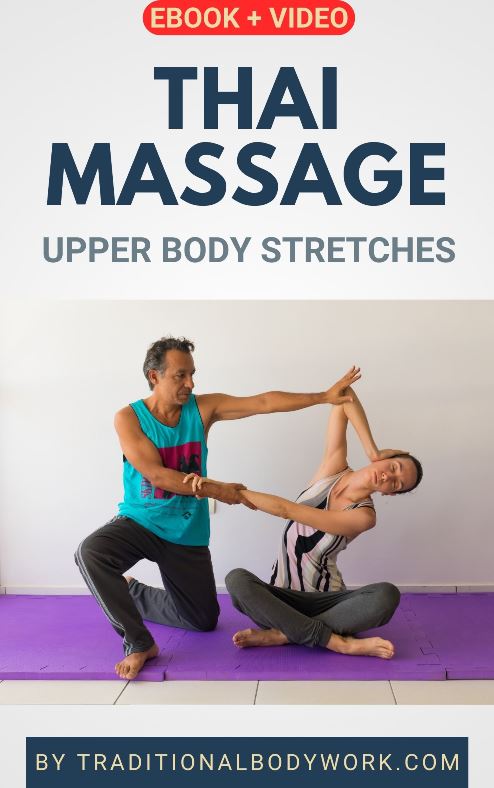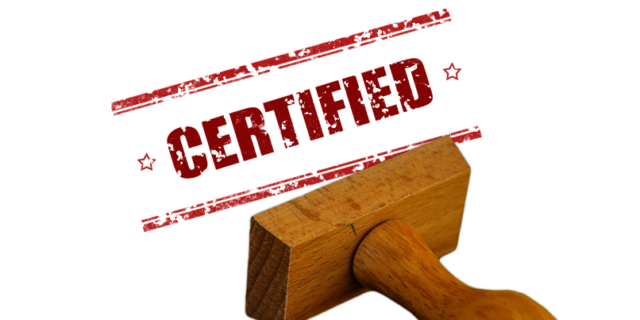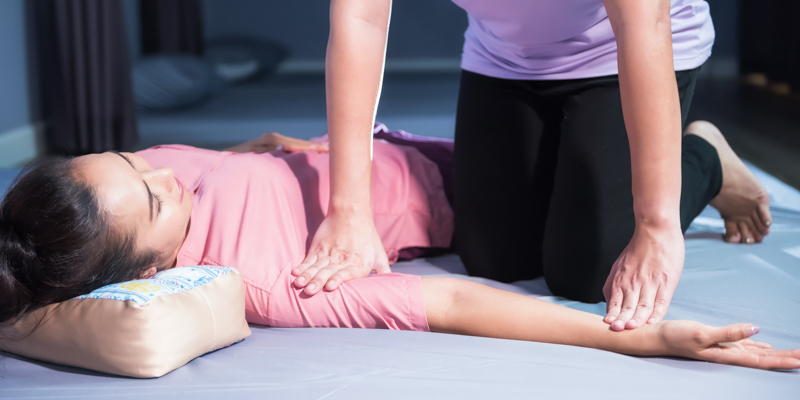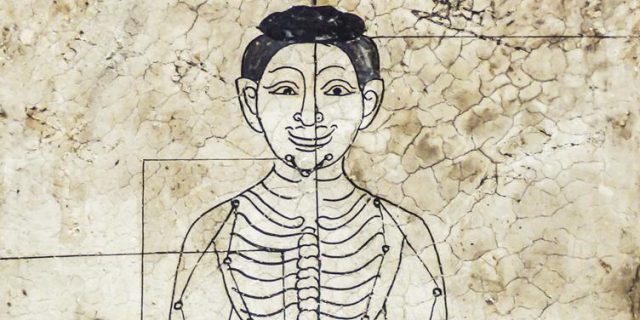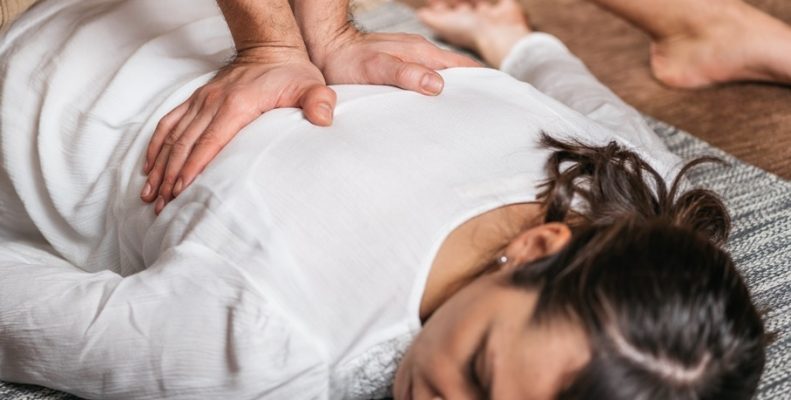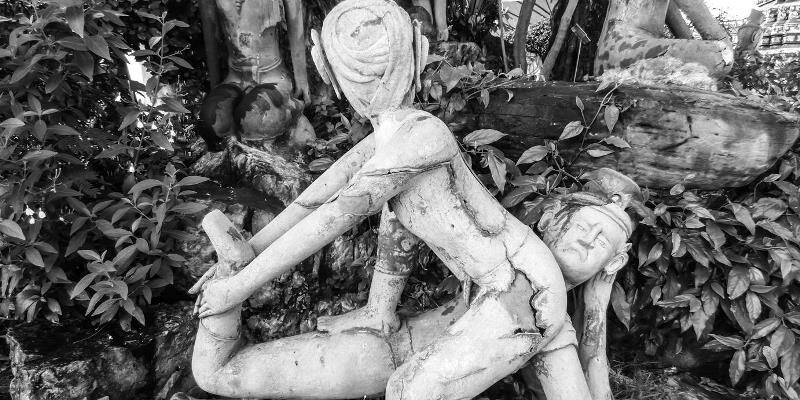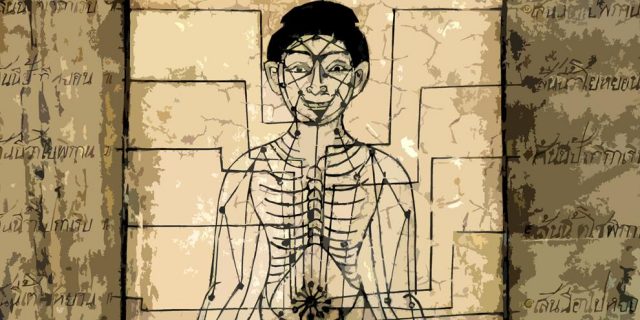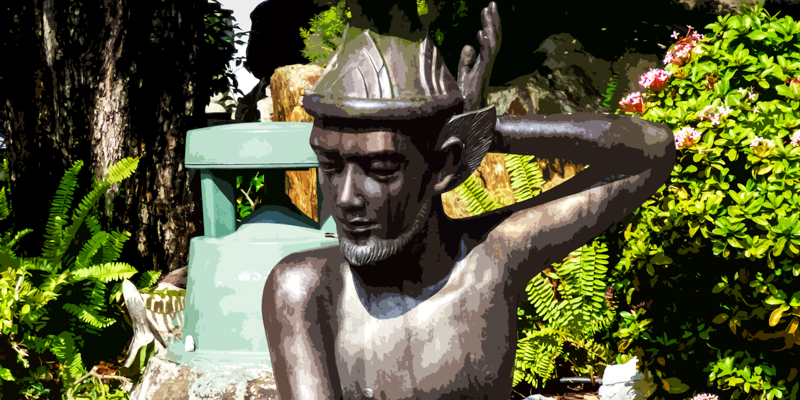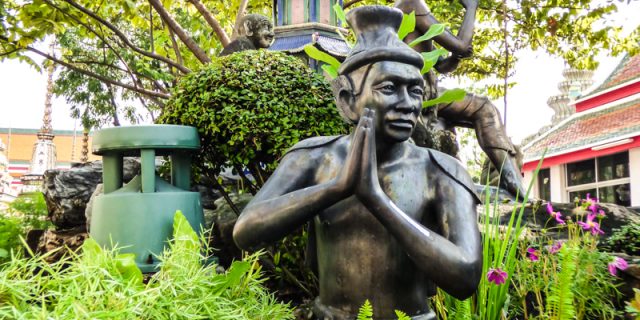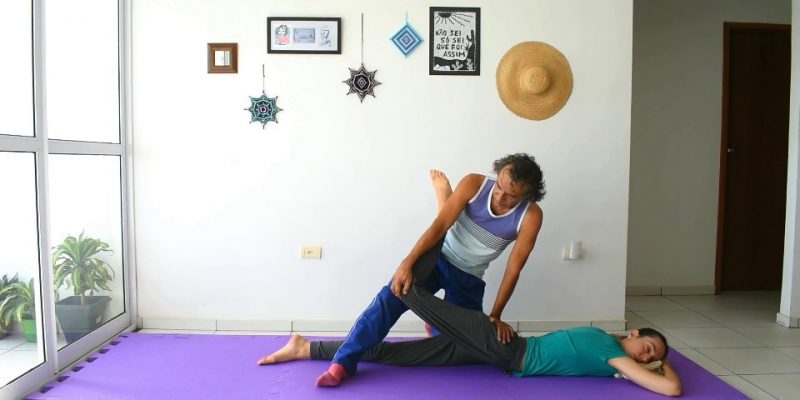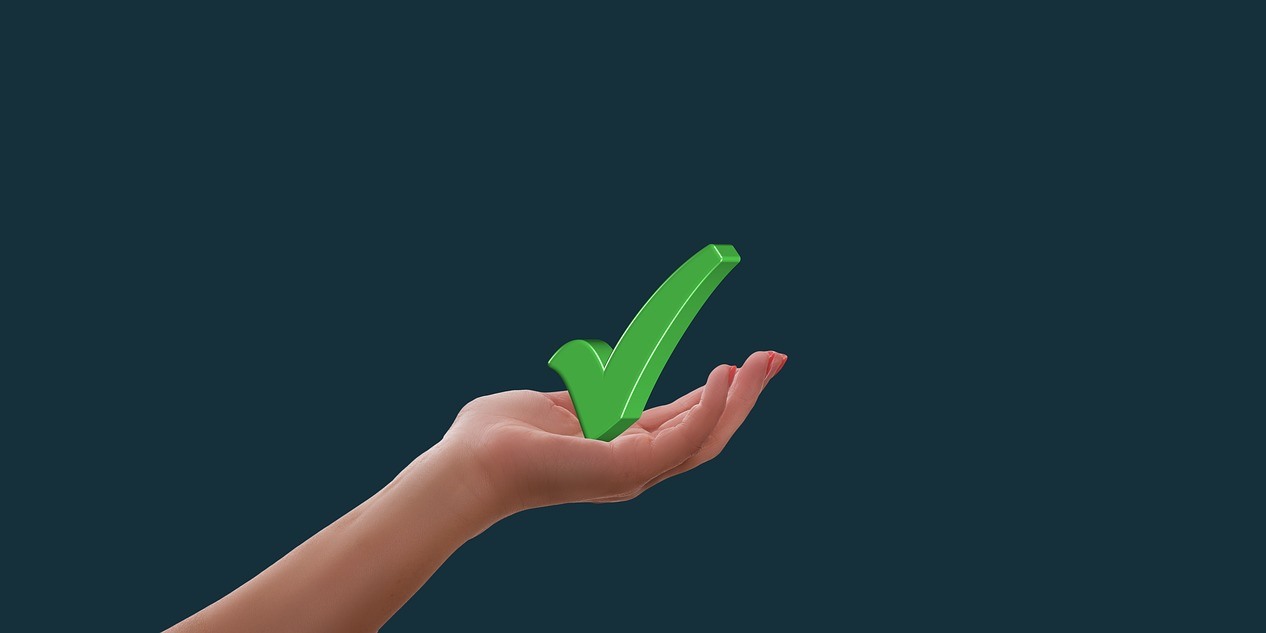
One of the contemporary developments in Thai Massage training is the encapsulation of official Thai Massage study curricula in existing national educational frameworks, may it be as a complete individual study, as continuing education, or integrated in larger acknowledged massage therapy programs.
The Rise of Traditional Medicine
In the past decades, growth and use of Thai Massage treatment services has seen significant growth. This doesn’t count for Thai Massage only, by the way, but for many other alternative and complementary health practices also.

National and international health organizations couldn’t ignore this development. Much research was done and already in the beginning of the 21st century there was broad international consensus among specialists that traditional medicine and other complementary and alternative health systems can help protect and improve citizens’ health and well-being.
Subsequently, the need was felt, notably in Western countries, to control these practices, including that of Thai Massage (Nuad Thai).
Monitoring and control, of all aspects of human life, is growing worldwide, and healing arts, may that be modern allopathic medicine or the traditional, alternative and complementary practices are looked upon closely. The idea, of course, is to ensure a safe, responsible and high-quality practice for customers.
Accreditation and Certification
Nevertheless, there are quite some politics, nepotism and lobbying involved in the appointment of specific national accrediting and certifying organizations, and we cannot always avoid the suspicion that there are some hidden agendas circulating in which “making lots of money” is written with big capital letters.
You see, if we can only accredit Thai Massage courses with one or two governmental appointed accrediting bodies, than it’s clear that those organizations will have a monopoly in the “market.” Moreover, due to active propagation of accreditation needs (or obligations), customers subsequently want practitioners to be certified by those accrediting organizations, and both trainers and therapists will have no other choice.
WHO Thai Massage Training Benchmarks
Another reason for Thai Massage being encapsulated in existing educational frameworks is the fact that Thai Traditional Medicine, and within that system Thai Massage, has a high “fuzzy factor” not being as well described as, for instance, Traditional Chinese Medicine (TCM) or Ayurveda (Asian Indian Traditional Medicine). In other words, there’s an obvious need to get more grip on what the Thai Massage practice is or should be ideally.
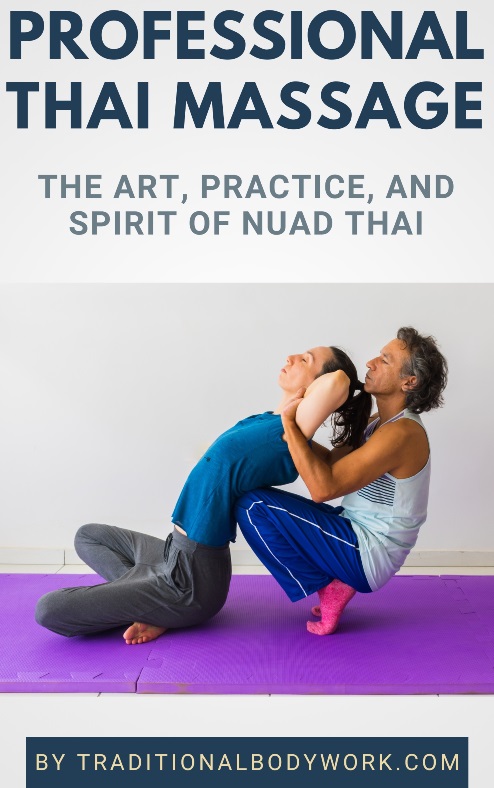
An interesting occurrence in this respect is that, in 2003, the UN World Health Organization (WHO) drew a resolution on traditional medicine asking all Member States, where appropriate, to formulate and implement national policies and regulations on traditional and complementary and alternative medicine to support their proper use.
Then, in 2009, the resolution further urged the members to consider, where appropriate, inclusion of traditional medicine in their national health systems and establishing systems for the qualification, accreditation or licensing of practitioners of traditional medicine.
In 2010, benchmarks for Thai Massage (Nuad Thai) training were drawn, which describe models of training for trainees with different backgrounds, and reflect what the community of practitioners in Nuad Thai regards to be reasonable practice when training professionals to practice Nuad Thai, taking into consideration that consumer protection and patient safety are core to professional practice.
“How this takes place should depend on national capacities, priorities, legislation and circumstances. It would have to consider evidence of safety, efficacy and quality,” according to the WHO. The Nuad Thai benchmarks include many Western requirements such as knowledge of basic anatomy, basic physiology, basic pharmacology, basic psychology, basic clinical sciences, basic musculoskeletal disorders, basic examination and assessment of the musculoskeletal system, and evaluation of painful symptoms, and first aid.
Note that these WHO benchmarks were drawn with help and cooperation from several Thai specialists and professionals in the field of Thai Traditional Medicine, and were accepted as such.
Nevertheless, the actual reality in Thailand is that many active Thai Massage practitioners are not licensed or qualified according to the WHO requirements of training or according to official Thai governmental Thai Massage programs that were modeled within the parameters of the WHO Nuad Thai training benchmarks.
Actually, the same is the case outside of Thailand. In fact, if “Thai Massage” isn’t called “Massage,” but, for instance, “Thai Yoga,” “Thai Bodywork,” or “Thai Assisted Stretching,” governments often don’t have adequate legal means to control the practice.
What we usually see is that “Massage” and “Masseur” are state protected titles, and as said, as long as not used as such, Thai Massage practitioners can do their job if they have a liability insurance and a legal registration as Wellness & Relaxation Practitioner or Personal Development Coach, and such.
In Conclusion
Total control on Thai Massage training and practice is far from reality, but it’s clear that many serious efforts are being made, both in Thailand and across the world, to try getting a firmer hold on the practice.
I have no doubt that governments will succeed finally — control and monitoring have become top-priorities globally — but luckily it will surely still take some time before we are obliged to take a Thai Massage session with a WHO compliant treatment robot instead of a human being.



